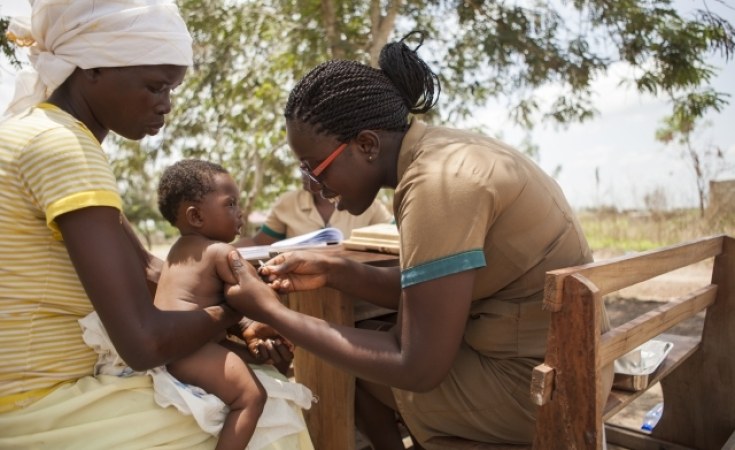The introduction to the 2014 Gates annual letter, published by the Bill & Melinda Gates Foundation:
By almost any measure, the world is better than it has ever been. People are living longer, healthier lives. Extreme poverty rates have been cut in half in the past 25 years. Child mortality is plunging. Many nations that were aid recipients are now self-sufficient.
You might think that such striking progress would be widely celebrated, and that people would rush to figure out what is working so well and do more of it. But they're not, at least not in proportion to the progress. In fact, I'm struck by how few people think the world is improving, and by how many actually think the opposite — that it is getting worse.
I believe this is partly because many people are in the grip of several myths — mistaken ideas that defy the facts. The most damaging myths are that the poor will remain poor, that efforts to help them are wasted, and that saving lives will only make things worse.
I understand why people might hold these negative views. This is what they see in the news. Bad news happens in dramatic events that are easy for reporters to cover: Famine suddenly strikes a country, or a dictator takes over someplace. Good news—at least the kind of good news that I have in mind—happens in slow motion. Countries are getting richer, but it's hard to capture that on video. Health is improving, but there's no press conference for children who did not die of malaria.
The belief that the world is getting worse, that we can't solve extreme poverty and disease, isn't just mistaken. It is harmful. It can stall progress. It makes efforts to solve these problems seem pointless. It blinds us to the opportunity we have to create a world where almost everyone has a chance to prosper.
If people think the best times are in the past, they can get pessimistic and long for a return to the good old days. If they think the best times are in the future, they see things differently.
When science historian James Burke wrote about the Renaissance in The Day the Universe Changed, he pointed to one source for many of the advances that happened in that amazing period: the shift from the belief that everything was decaying and getting worse to the realization that people can create and discover and make things better. We need a similar shift today, if we're going to take full advantage of the opportunity to improve life for everyone.
In all five of the annual letters I have written so far, I have discussed our foundation's activities, showing where we're making progress and where we're not. This year, Melinda and I chose not to focus on the foundation specifically. (The foundation's annual report, which comes out later this year, will do that.)
Instead, we wanted to focus this year's letter entirely on three myths that keep the world from accelerating success against poverty and disease. I wrote about the first two myths, which relate to poverty and aid, and Melinda decided to write about the third one, because it is related to her expertise in reproductive health.
We hear these myths raised at international conferences and at social gatherings. We get asked about them by politicians, reporters, students, and CEOs. All three reflect a dim view of the future, one that says the world isn't improving but staying poor and sick, and getting overcrowded.
We're going to make the opposite case, that the world is getting better, and that in two decades it will be better still.
But that future isn't pre-ordained. To achieve it, we'll need to apply human ingenuity and act on our compassion. That starts with removing the barriers that undercut our confidence and slow our momentum. That's why in this year's letter Melinda and I take apart some of the myths that slow down the work.
The next time you hear these myths, we hope you will do the same.


